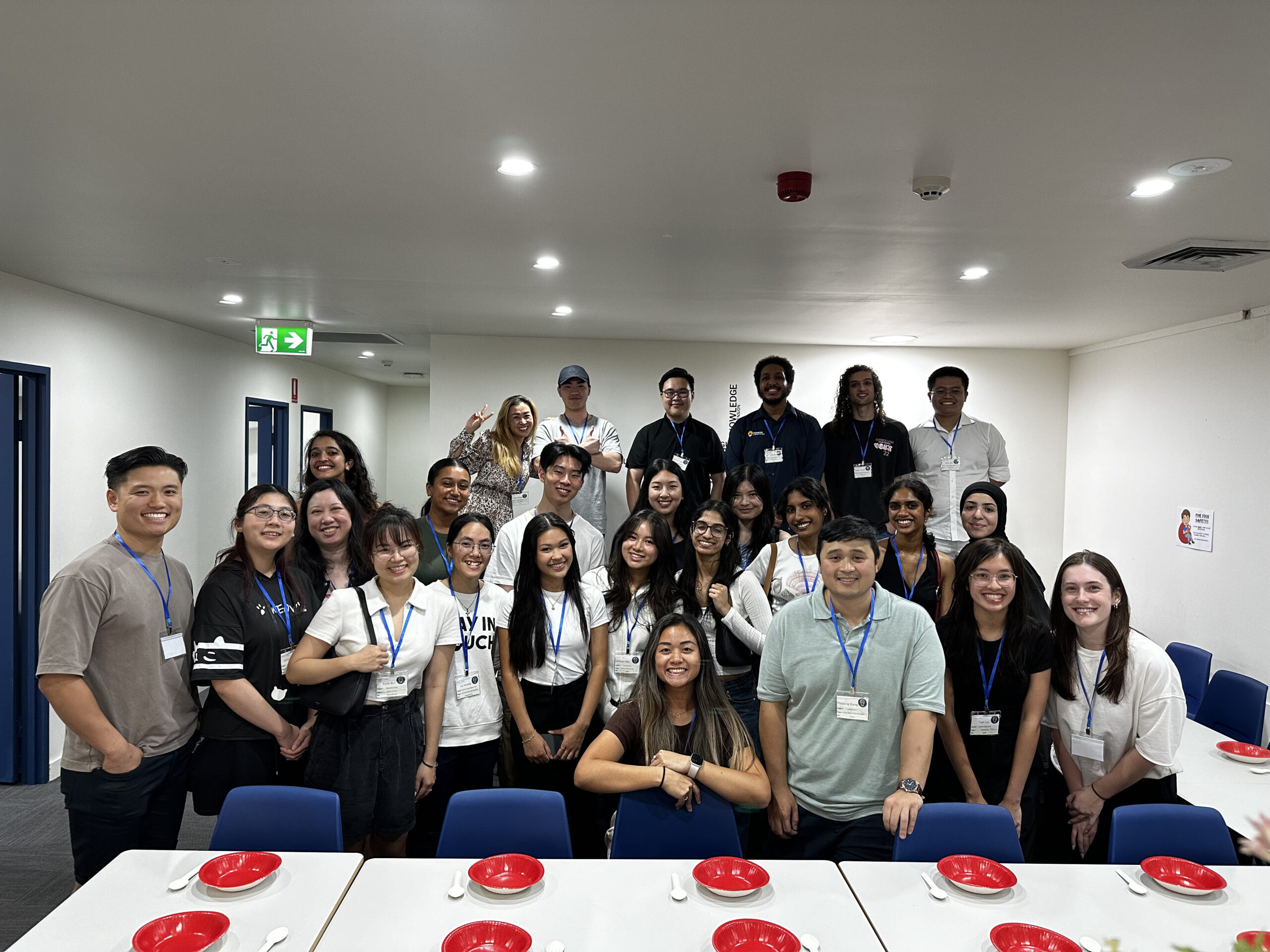Survive and Thrive: Your Insider Guide to Smashing the HSC
Introduction
Year 12 feels like standing at the edge of everything you’ve worked toward — exciting, nerve‑wracking, and full of pressure. You’re juggling assessments, trials, dance exams, sport commitments, and maybe even thinking about what comes next (ATAR, university, gap year?). It’s normal to feel overwhelmed. But with the right approach—smart habits, resilience, and a plan—you can not only survive your HSC year, you can thrive.
In this guide, we’ll walk through key strategies—practical, mental, and subject‑savvy—to help Year 12 students make the most of every week. Whether you’re only just starting to settle into HSC, or halfway through and feeling the weight, these tips will equip you to push forward with clarity and calm. And if at any point you want structured support, we’re here for you at Pioneer Education.
1. Mindset & Motivation: Building Resilience
How you think matters just as much as what you do.
Embrace a Growth Mindset
When you see challenges (a tough subject, a failed practice exam) not as roadblocks but as opportunities to grow, you become your own coach. Remind yourself: “Mistakes now are feedback, not failures.” Reframe difficulties: they’re signals of what to focus on next, not evidence you don’t belong here.
Anchor Your Purpose
Sometimes you’ll lose steam. When that happens, reconnect to why you’re doing this. It might be for freedom to choose your university, to make parents proud, or to achieve confidence in yourself. Write that ‘why’ somewhere visible (locker, phone wallpaper, desk) so that when the grind gets heavy, you remember your bigger goal.
Practice Self‑Compassion
You will have off days. You will underperform in practice. That doesn’t define you. Speak to yourself as you would a close friend: firm but kind. “Okay, that didn’t go well — what can I change tomorrow?” not “I’m terrible.” These internal conversations matter more than most of us think.
2. Time & Workload Management: Your Sustainable Planner
Consistent effort beats last‑minute panic.
Design a Realistic Weekly Schedule
Map out all your non‑negotiables first: school, sport, sleep, meals. Then slot in study blocks—short (1 hour), medium (2 hrs), long (3+ hrs). Include buffer/rest periods. Stick to it loosely, rather than try to micro‑control every minute. Flexibility prevents burnout.
Use the “Priority Pyramid”
Each study session, ask: What’s most important right now? (e.g. completing a tricky Maths problem class, memorising quotes for English, drafting a science experiment.) Then next steps. This focus helps avoid the trap of doing “easy stuff” just to feel productive.
Break Work into Sprints + Rests
The Pomodoro method (25 mins work, 5 mins break) or variations (e.g. 50:10) help keep your concentration sharp. During short breaks, do something active or refreshing—walk, stretch, breathe. Avoid doom‑scrolling social media as that eats time and energy.
3. Subject‑Specific Strategies: Smart Approaches for Key HSC Subjects
Knowing the subject logic gives you leverage.
English (Advanced / Standard / EAL/D)
- Text Threads: For each prescribed text, build 3–5 “threads” (themes, recurring images, motifs) and consistently trace them in essay practice.
- Para Planning: Don’t write essay responses fully at first—plan the introduction, topic sentences, evidence, and how you’ll link back. Then flesh out later.
- Vocabulary & Expression: Maintain a “power word bank” — 15–20 stronger verbs / adjectives / sentence openers. Rotating in these gives writing polish.
Mathematics (2U, 3U, Extension)
- Error Log: Keep a dedicated notebook of mistakes—what you did, why it was wrong, and the correct method. Regularly review.
- Reverse Engineering: For past paper questions, rewrite your own “simpler version” of the question, solve that, then scale up.
- Formula Memory by Association: Don’t just memorise formulae—connect them with visuals, contexts, or stories. Eg. “circle area” tied to pizza slices or pie.
Science (Biology, Chemistry, Physics)
- Concept Maps: For each major unit, build a visual map linking key concepts, showing flows (e.g. energy → photosynthesis → respiration).
- Experiment Walk‑throughs: Verbalise the logic behind every step in a past experiment. Why was acid added first? Why measure volume at that time?
- Equation Mastery: Memorise not only formulae but units and rearrangements. In practice tests, first rewrite the formula before plugging numbers to avoid slip errors.
HSIE / Society & Culture / Economics / Legal Studies
- Case Study Bank: Maintain 2–3 strong case studies per topic you can reuse across questions. Use those as anchor stories.
- Cause‑Effect Chains: Practice chaining “this leads to that leads to that” in one flow (e.g. policy change → social reaction → secondary effect).
- Terminology Precision: Many marks are lost not by content, but by using incorrect terms. Always define your key terms in essays/semi‑short answers.
4. Stress Management & Wellbeing: Keep Your Head Clear
Your mental and physical state is your greatest asset.
Daily Micro‑Reset Rituals
Take 5 minutes each morning (or evening) to do breathing, reflect, or visualise the day ahead. It centers you. Even a 2‑minute “box breathing” (inhale 4, hold 4, exhale 4, hold 4) helps in test calm.
Movement & Sleep
Aim for 7–8 hours of consistent sleep. And keep your body moving—even a walk, stretching or home workout helps oxygenate the brain. Study marathons with zero movement lead to mental fog.
Social Breaks & “Non‑Study Zones”
You don’t have to study every waking second. Designate times/days when you completely unplug. Time with friends, music, hobbies—all help recharge your energy for the next push.
Stress Signals & Course‑Correcting
Watch for: irritability, constant tiredness, procrastination, avoidance of certain subjects. These are your body signaling “slow down.” When you notice them, reduce your load for a day or two, talk with someone, reassess your plan.
5. Revision & Practice Strategy: The Refinement Phase
You don’t learn to get perfect—you perfect what you’ve learned.
Spaced & Mixed Practice
Don’t block one topic for whole days. Interleave (mix Maths, English, Science) and revisit older topics over time. This strengthens memory.
Past Papers Under Exam Conditions
Simulate real exam conditions: strict timing, no notes (or minimal notes depending on section), minimal breaks. Then markup and deeply analyse your errors. Focus especially on “one more mark” gains (sentence structure, linking devices, clear conclusions).
Reflection & Feedback Loops
After each mock/test: ask three questions: What was my strongest part? Which specific question I lost easiest marks on? What will I change next time? Then carry that change forward.
Conclusion
Completing Year 12 and achieving a strong HSC result demands more than raw intelligence. It demands resilience of mindset, disciplined routines, smart subject techniques, and consistent self‑care. When these come together—mindset, strategy, rest—you transform stress into momentum and uncertainty into confidence.
If you (or your child) would like structured support—weekly progress tracking, subject coaching, mock exam debriefs, or simply an expert sounding board—Pioneer Education is here to help. We’d love to have you experience one of our classes or a consultation session to see how we can tailor guidance towards your goals.
Let’s turn the final year into your strongest year yet. Contact us today to start your journey with Pioneer Education.







